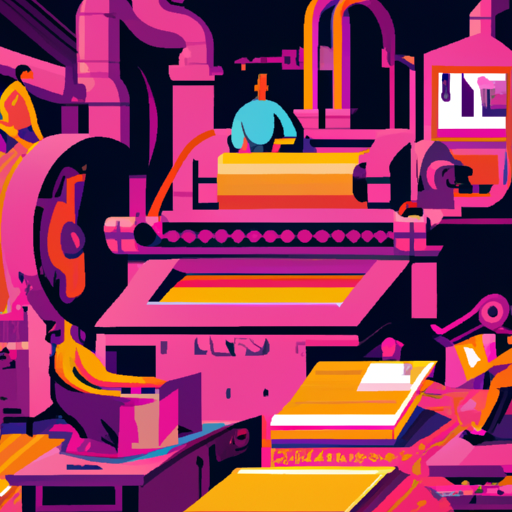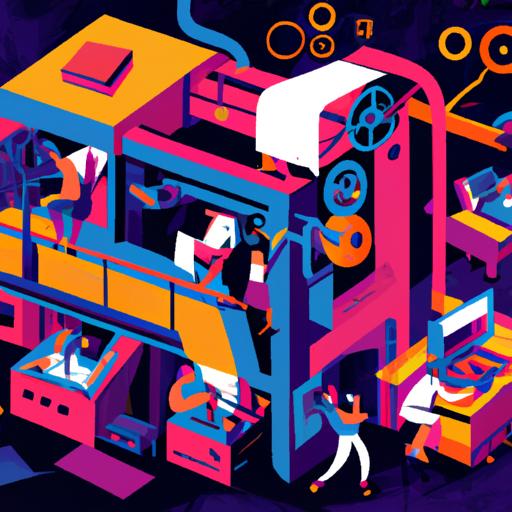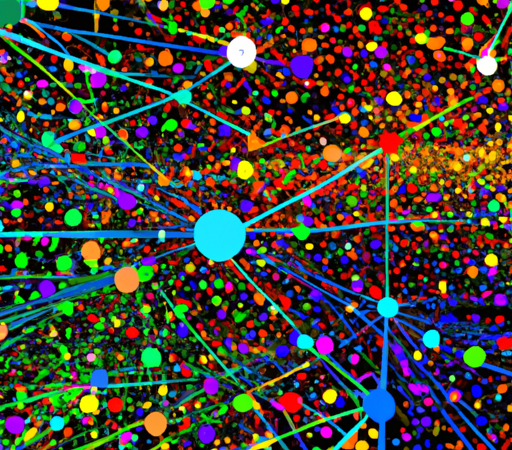The Invention of the Printing Press: The Birth of Mass Communication

The invention of the printing press by Johannes Gutenberg in the 15th century marks a turning point in human history, heralding the birth of mass communication. This groundbreaking device revolutionized the way knowledge was disseminated, making information more accessible, affordable, and widespread than ever before.
Before the printing press, books were scarce and expensive. Each copy had to be painstakingly written by hand, making the production of books a slow and laborious process. As a result, only a privileged few had access to written knowledge, primarily religious texts. This exclusivity meant that education and literacy were limited to the privileged classes, reinforcing the divide between the wealthy elites and the common people.

Gutenberg's printing press changed all of that. By introducing movable type, a system that allowed for the quick reproduction of text, he made it possible to produce books much faster and on a larger scale. This invention drastically reduced the cost of book production, making books more affordable to a wider range of people.
The printing press also facilitated the dissemination of knowledge across geographical boundaries. Prior to its invention, news and information disseminated slowly, often relying on oral transmission or handwritten copies of manuscripts. These methods were both unreliable and time-consuming. With the printing press, information could be rapidly reproduced and distributed, allowing for the quick spread of ideas and news across regions and even continents.
The impact of the printing press on religion, politics, and education cannot be overstated. With the Bible being one of the first major works to be mass-produced, the Protestant Reformation in the 16th century was able to gain momentum as religious texts were now available in larger quantities and in various languages. This accessibility allowed individuals to interpret and analyze the scripture for themselves, challenging the authority of the Catholic Church.

In addition to religious upheavals, the printing press also played a crucial role in political movements. Pamphlets, newspapers, and political treatises could be produced quickly and in larger numbers, allowing for the dissemination of ideas that challenged established powers. The French Revolution, for example, relied heavily on the newly established print culture to spread its revolutionary ideals among the masses.
Furthermore, the printing press transformed education. With the widespread availability of books, individuals were no longer limited to learning through oral tradition or the teachings of a select few. The literacy rate began to rise as more people had access to books, leading to increased intellectual curiosity and the exchange of ideas. This, in turn, fueled the Renaissance and the Age of Enlightenment, as scholars, scientists, and philosophers were able to easily share and build upon each other's work.
The invention of the printing press forever changed the way society communicated, widening access to knowledge, and leveling the playing field. It birthed an era of mass communication, allowing ordinary people to participate in and shape public discourse, paving the way for the democratization of information and the rise of modern societies. From revolutions to scientific discoveries, the printing press was the catalyst that enabled these advancements and continues to impact our lives today.






